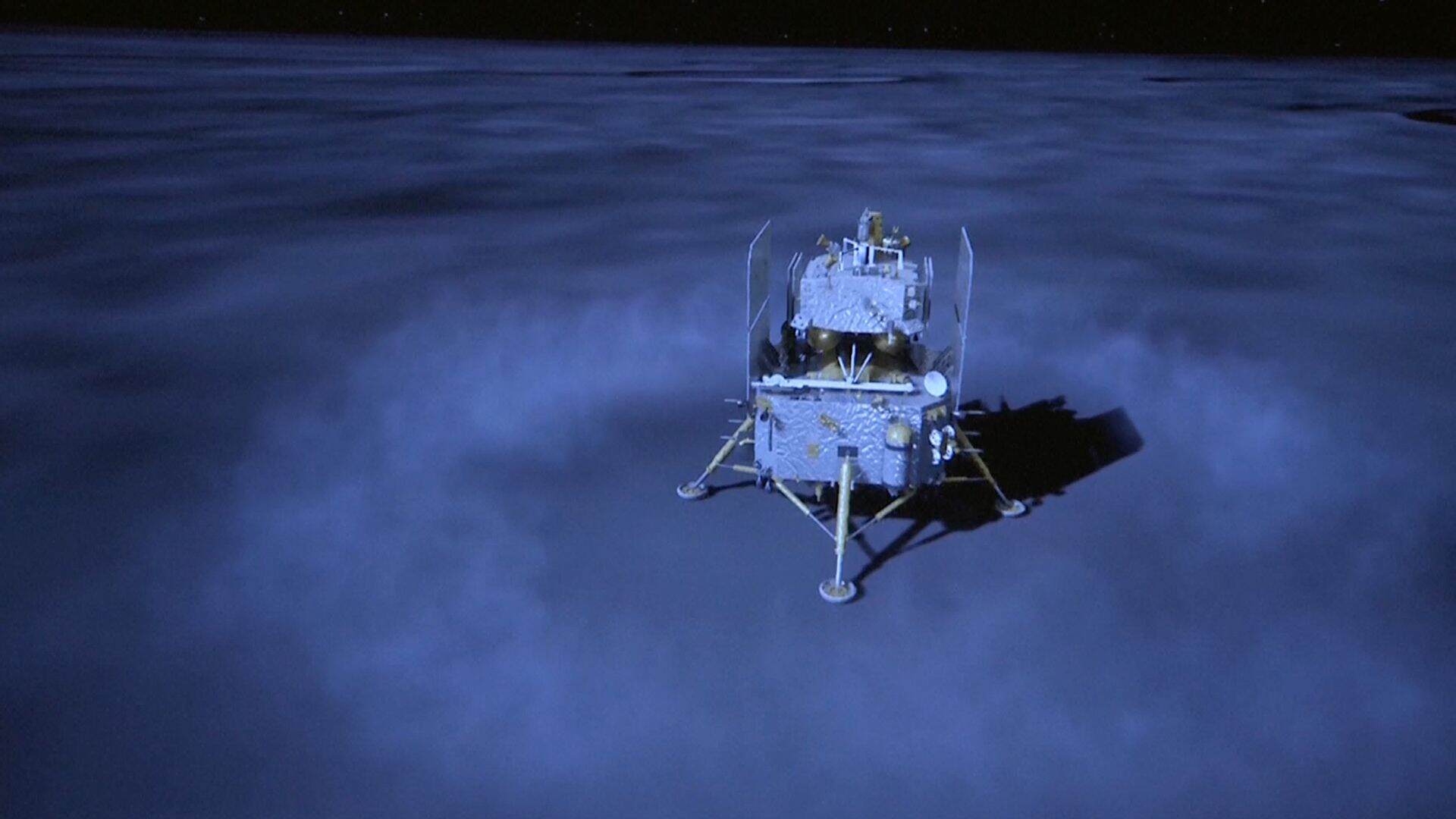Beijing, China’s Chang’e-6 mission, which has recently returned from the far side of the Moon, has brought back close to two kilograms of samples. These samples are intended for research that aims to deepen our understanding of lunar evolution, as announced by the country’s space agency today.
According to the China National Space Administration, preliminary measurements indicate that the Chang’e-6 mission gathered 1,935.3 grams of lunar samples.
Ge Ping, Deputy Director of the CNSA’s Lunar Exploration and Space Engineering Centre, who is also the spokesperson for the Chang’e-6 mission said, “We have found that the samples brought back by Chang’e-6 were more viscous compared to previous samples, with the presence of clumps. These are observable characteristics.”
Researchers will process and store the lunar samples as planned, initiating scientific research. The CNSA highlighted the samples’ unique significance for enhancing understanding of lunar evolution, accelerating peaceful exploration and resource utilization, and serving as a global asset.
It was announced that scientific research on the samples will be organized, sharing China’s lunar exploration achievements internationally.
According to Ge, applications for Chang’e-6 samples will open to domestic research institutions and scientists in about six months, as per CNSA’s lunar sample management rules and Chang’e-5 mission experience, reported state-run Xinhua news agency.
Regarding international applications, Ge noted China welcomes scientists worldwide to apply under relevant procedures. The CNSA highlighted significant scientific achievements from Chang’e-5 lunar samples, including research on lunar formation, evolution, space weathering, and resource utilization.
The Chang’e-6 probe launched on May 3 and its returner landed in Siziwang Banner, Inner Mongolia, on June 25, marking the mission’s success. The returner was later brought to Beijing where researchers opened it and collected the lunar sample container successfully on Wednesday, according to the CNSA.







